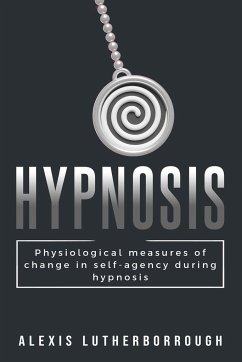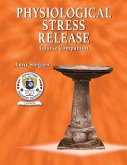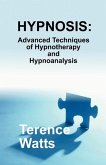Alterations in the sense of agency are a defining feature of hypnosis. These alterations in sense of agency can be experienced as a reduced sense of voluntariness while undergoing perceptual, cognitive and motor tasks. Different theoretical accounts of hypnosis assert that these unique responses to tasks are due to disassociations in either the monitoring or control of sub-personal processes involved in the performance of those tasks. This thesis investigated whether a hypnotic 'alien control' suggestion administered during a lifting task could alter sub-personal processes involved in the postural control of actions. Two experiments were carried out. In the first experiment I identified a specific physiological/kinematic marker of postural control that could differentiate between intentionally controlled actions and unintentional actions performed outside of hypnosis. In the second experiment. I explored the impact of hypnotic suggestion on this implicit. physiological marker of postural control and on explicit judgements of agency. Results showed that while the hypnotic suggestion significantly altered judged sense of voluntary movement and control. this was not reflected in the kinematic marker of intentional action. Results were more consistent with the theoretical accounts that claim that hypnosis alters the monitoring, rather than the actual control of sub-personal process during motor task performance.







